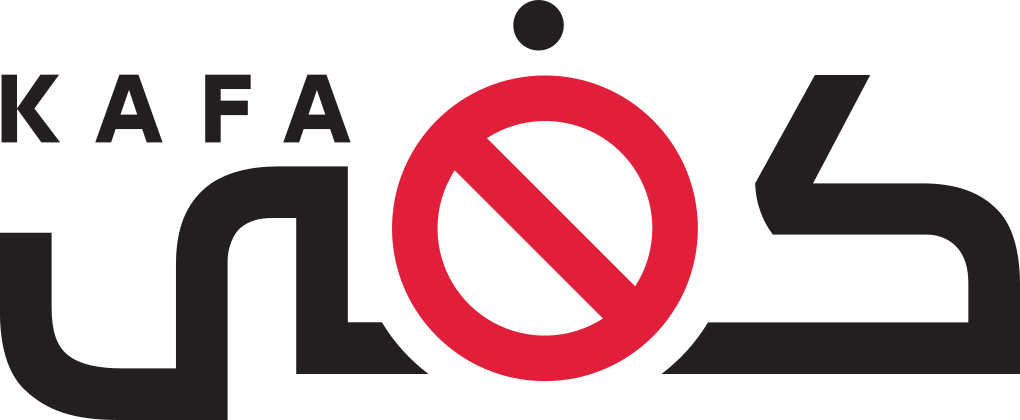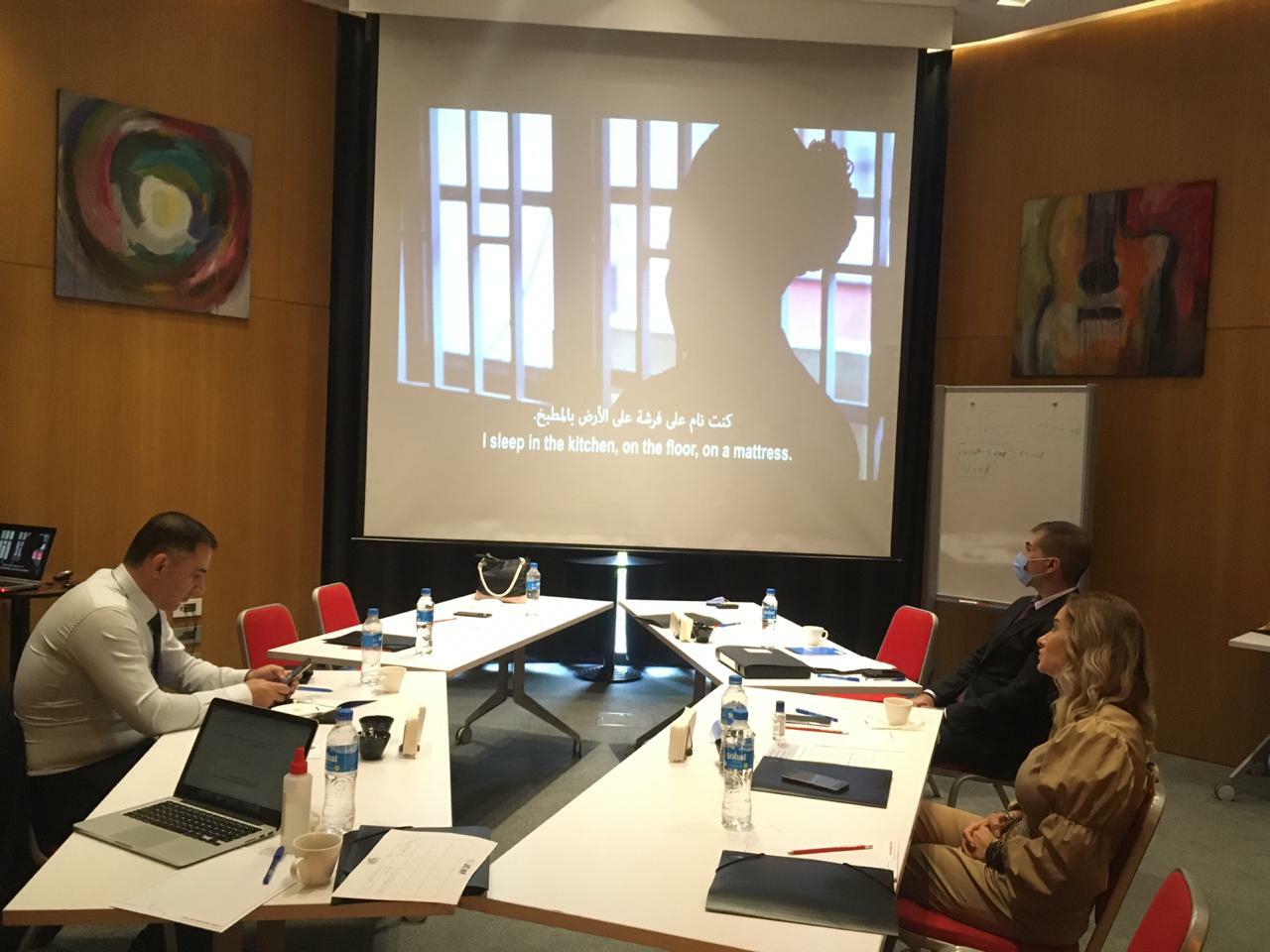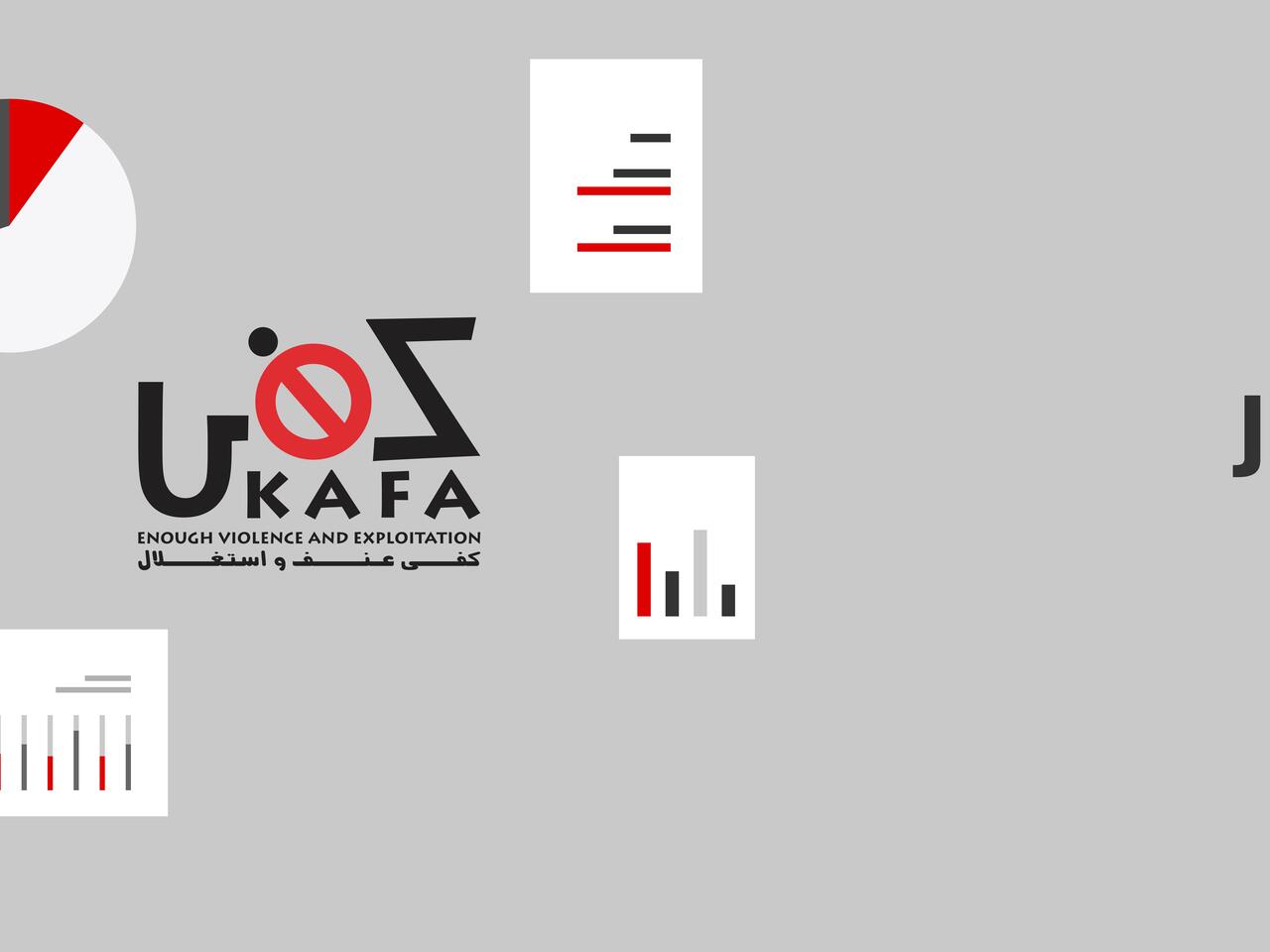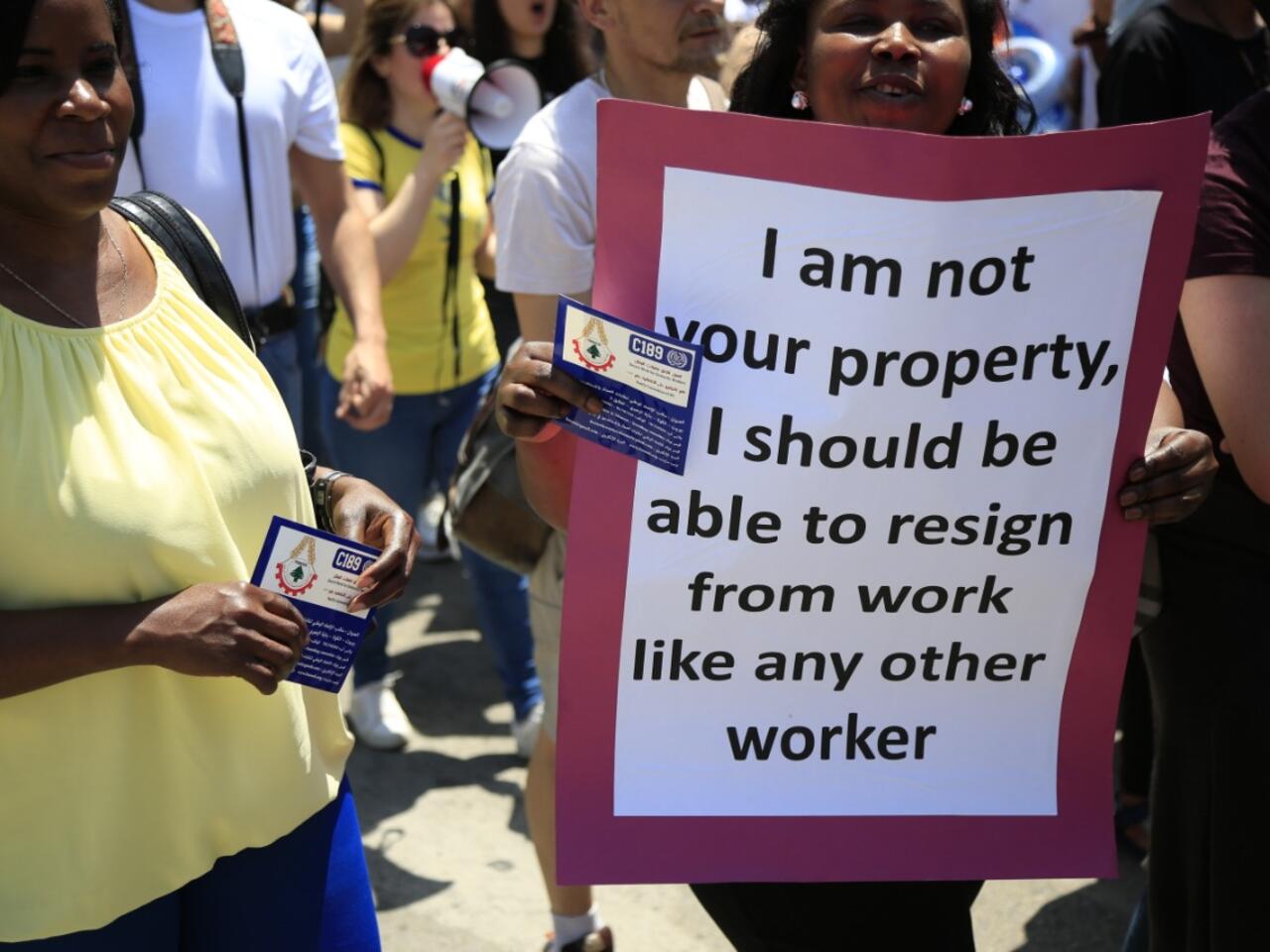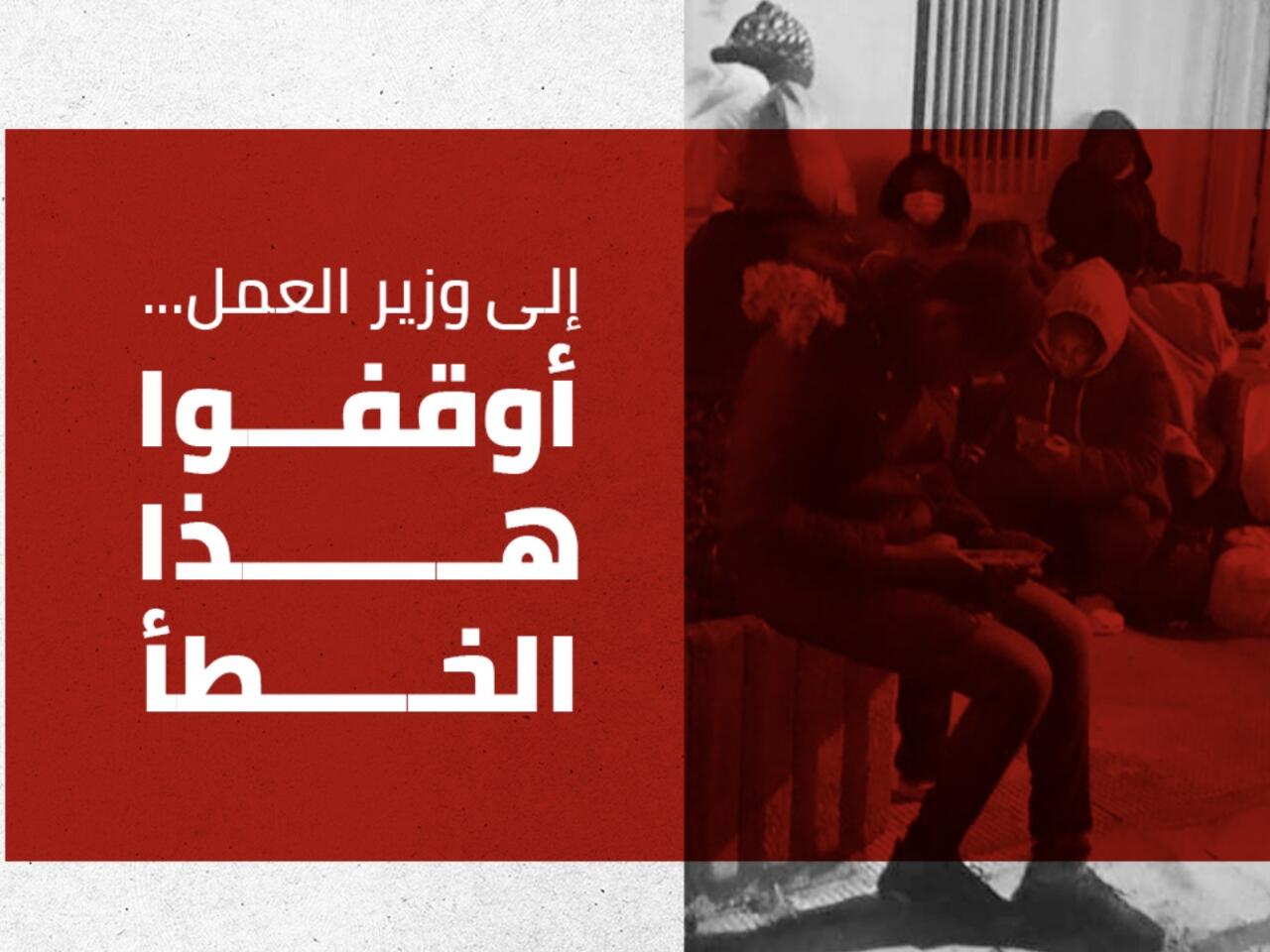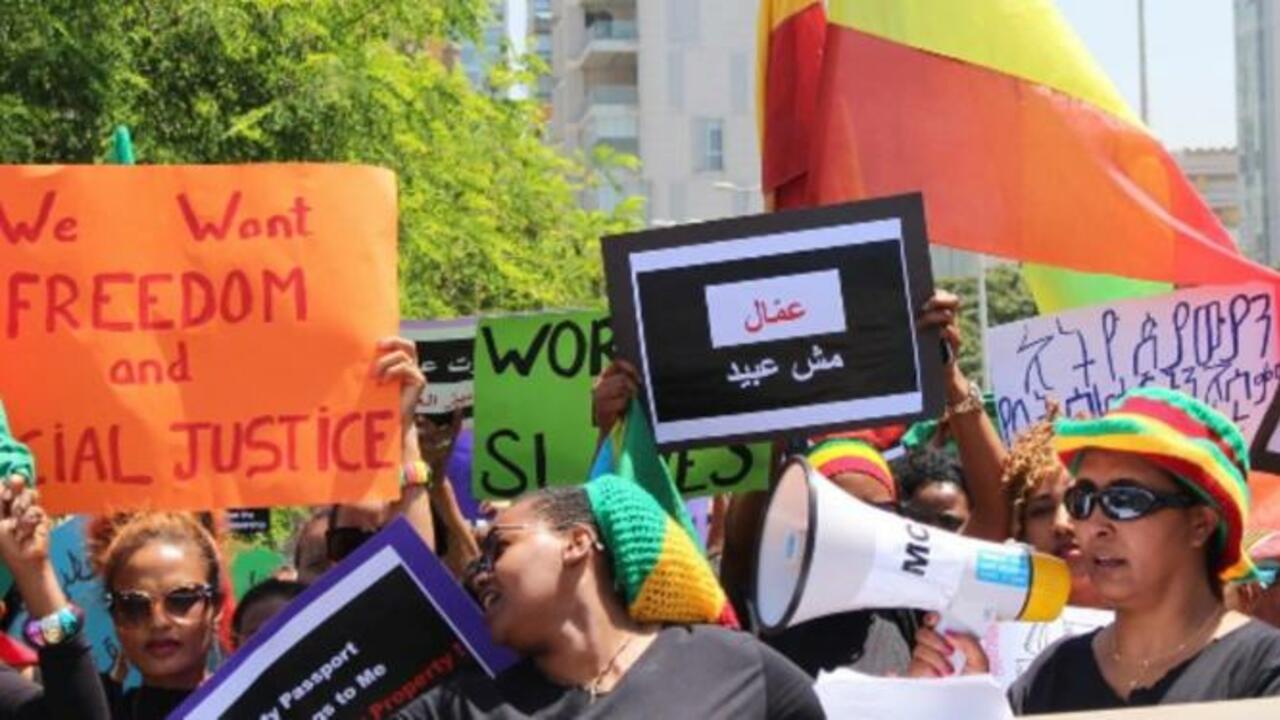
On International Domestic Workers Day: a humanitarian crisis is looming
After they were locked in the homes of their employer under the Kafala (sponsorship) system; domestic workers are now stranded in Lebanon as a result of the economic crisis and the COVID-19 pandemic. Lebanon has turned into a large prison far away from their own home.
The situation is getting increasingly dangerous and foreshadows a humanitarian crisis. The number of stranded women domestic workers left by their employers on the street is increasing by the day. Live-out domestic workers are unable to pay rent; and for most, they are facing the risk of hunger, physical and psychological diseases, and potential exploitation and violence.
In parallel to the public scene observed in front of embassies and consulates, there is an “invisible scene” of thousands of workers who are trapped inside the homes of their employer, and who are vulnerable to all forms of exploitation and violations of their rights.
The situation has exceeded the ability and capacity of local organizations, groups, and individual initiatives to intervene and find solutions.
In order to avoid a humanitarian crisis, we are making an urgent appeal to the Lebanese government, the governments of workers’ country of origin, and the international community to fulfill their responsibilities and immediately intervene to facilitate the voluntary return of domestic workers and to secure the payment of their salaries. This needs to be followed by the abolishment of the Kafala system by the Lebanese government and the organization of domestic work in accordance with international standards that respect human rights and prevent the future occurrence of similar humanitarian crises.
